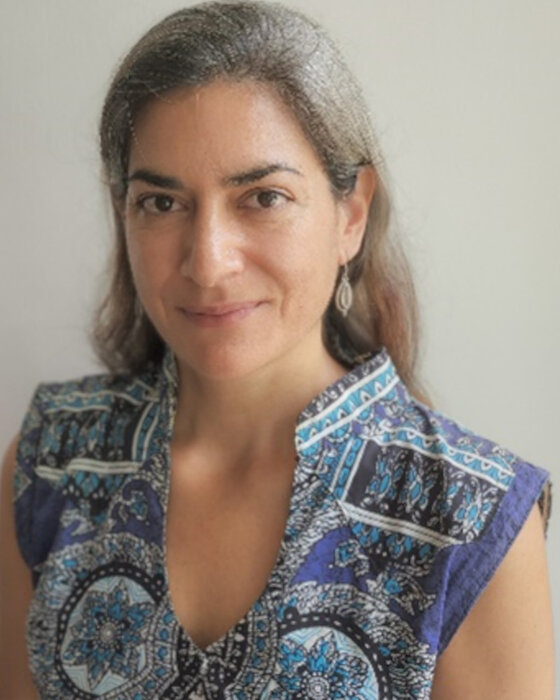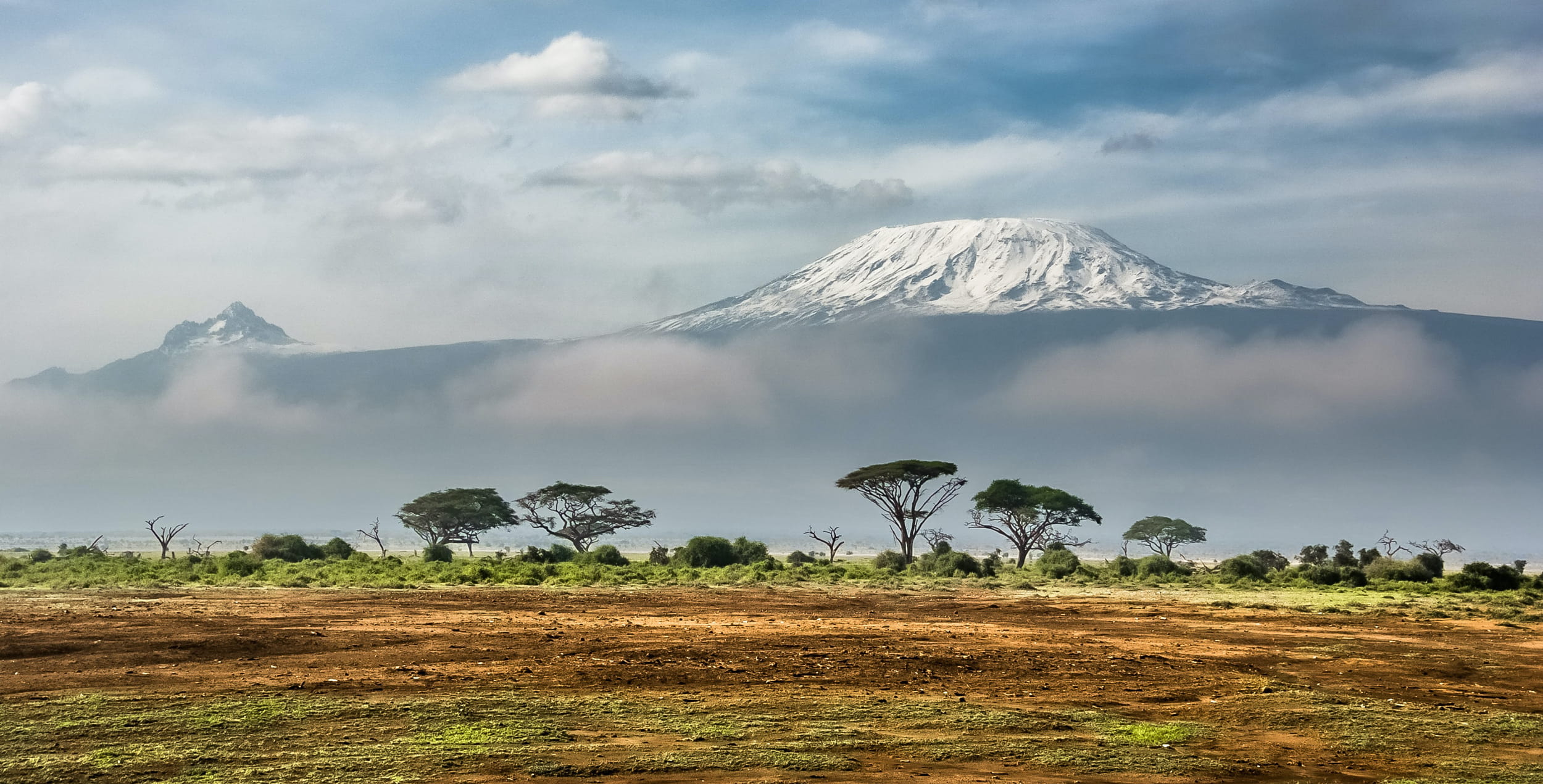

Digital Earth Africa

Challenge
Communities across the African continent are experiencing the human and economic impacts of food and water insecurity, land degradation, and urbanization, exacerbated by climate change. Even though many satellite images are freely available, accessing and translating them into meaningful and usable information for decision-making to address these threats remains a significant challenge.
Solution
Digital Earth Africa (DE AFRICA) provides a routine, reliable, and operational service that uses Earth observations to deliver decision-ready products, enabling policymakers, scientists, the private sector, and civil society to address social, environmental, and economic changes across the continent and developing an ecosystem for innovation across sectors.
Intended Socioeconomic and Environmental Impact
DE AFRICA aims to improve the lives of people across Africa by providing planners and policymakers with tailored Earth observation information to support better decision-making and enhance sustainable development outcomes. The platform provides continental-scale, analysis-ready data, hosted in Africa, increasing accessibility and driving efficiency in implementing Earth observation-based analysis and generating decision-ready products for all African countries.
Objectives for 2025–2030
An array of new data pipelines, continental services, analytical workflows, and associated training modules are planned by DE AFRICA from 2025 through 2030, all with the goal of ensuring that DE AFRICA is consistently used by key stakeholders to drive environmental, social, and economic impacts while also being sustained on the Africa continent. DE AFRICA is currently developing a new 5–10-year strategy for the program, which will be finalized and made available in 2025.
How We Work
The DE AFRICA team is hosted by the Research Institute for Innovation and Sustainability in Johannesburg, South Africa, with staff members based in South Africa, Ghana, Kenya, Rwanda, Zambia, Sri Lanka, and Australia. The team is supported by global advisors located around the world.
DE AFRICA has a distributed operational model that emphasizes working with and through existing organizations and partners with Earth observation capabilities, as well as facilitating new networks to allow the flow of information and end-users (e.g., policy and program decision-makers) to be connected to the technical platform and the data and decision-support tools it offers. In 2020, key parts of the model were put in place, including agreements with several Implementing Partner Organizations.
DE AFRICA has engaged closely with five national and regional Implementing Partners, who together represent the interests of 43 African countries. These partners include:
DE AFRICA Implementing Partners are selected based on their existing roles in supporting the uptake of Earth observation in decision-making and their strengths in providing technical support to affiliated countries. The Implementing Partners themselves will also be key users of DE AFRICA.
Donors
Partners
GEO Members
GEO Participating Organizations
GEO Associates
Non-affiliated
Points of Contact
